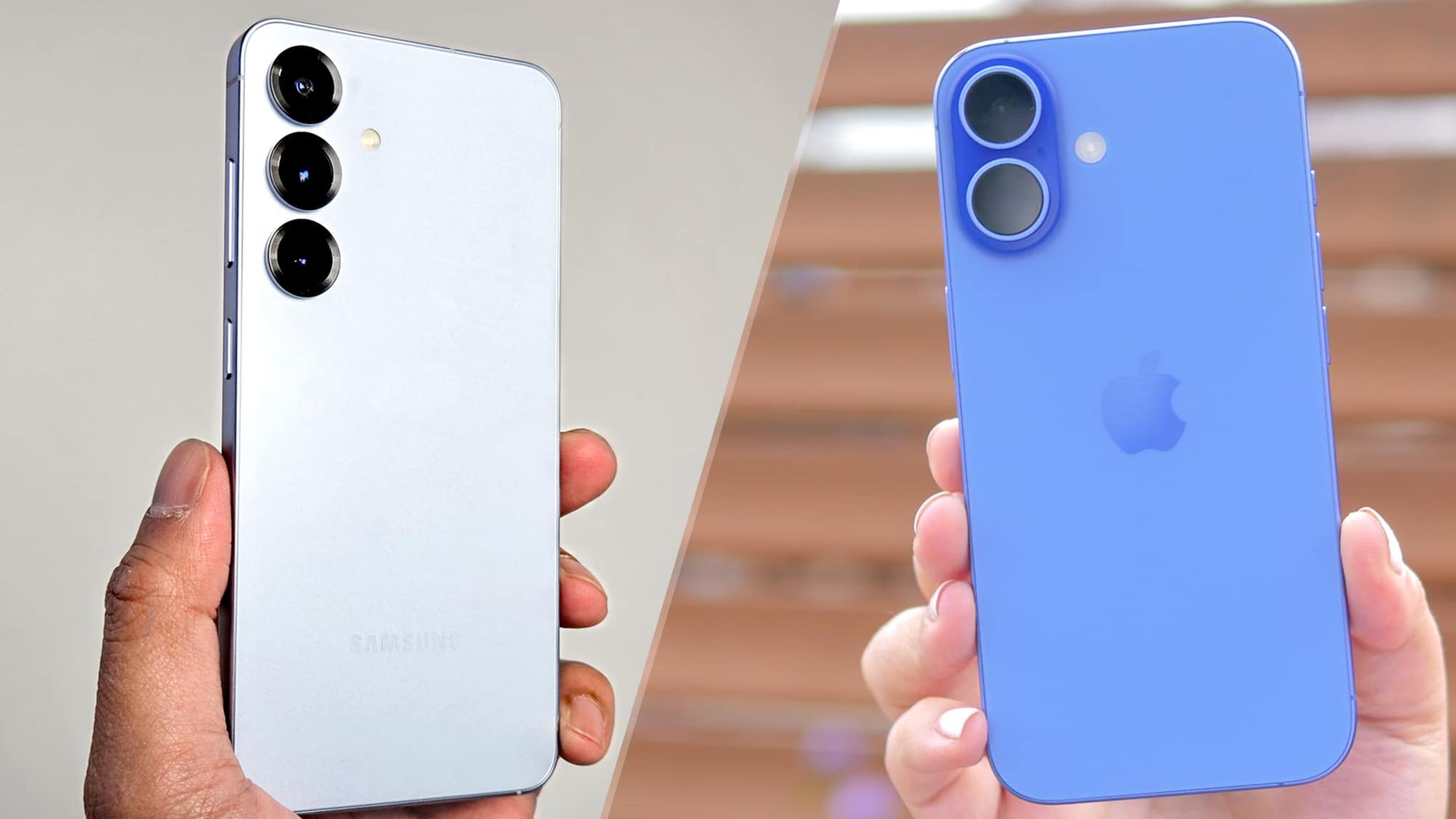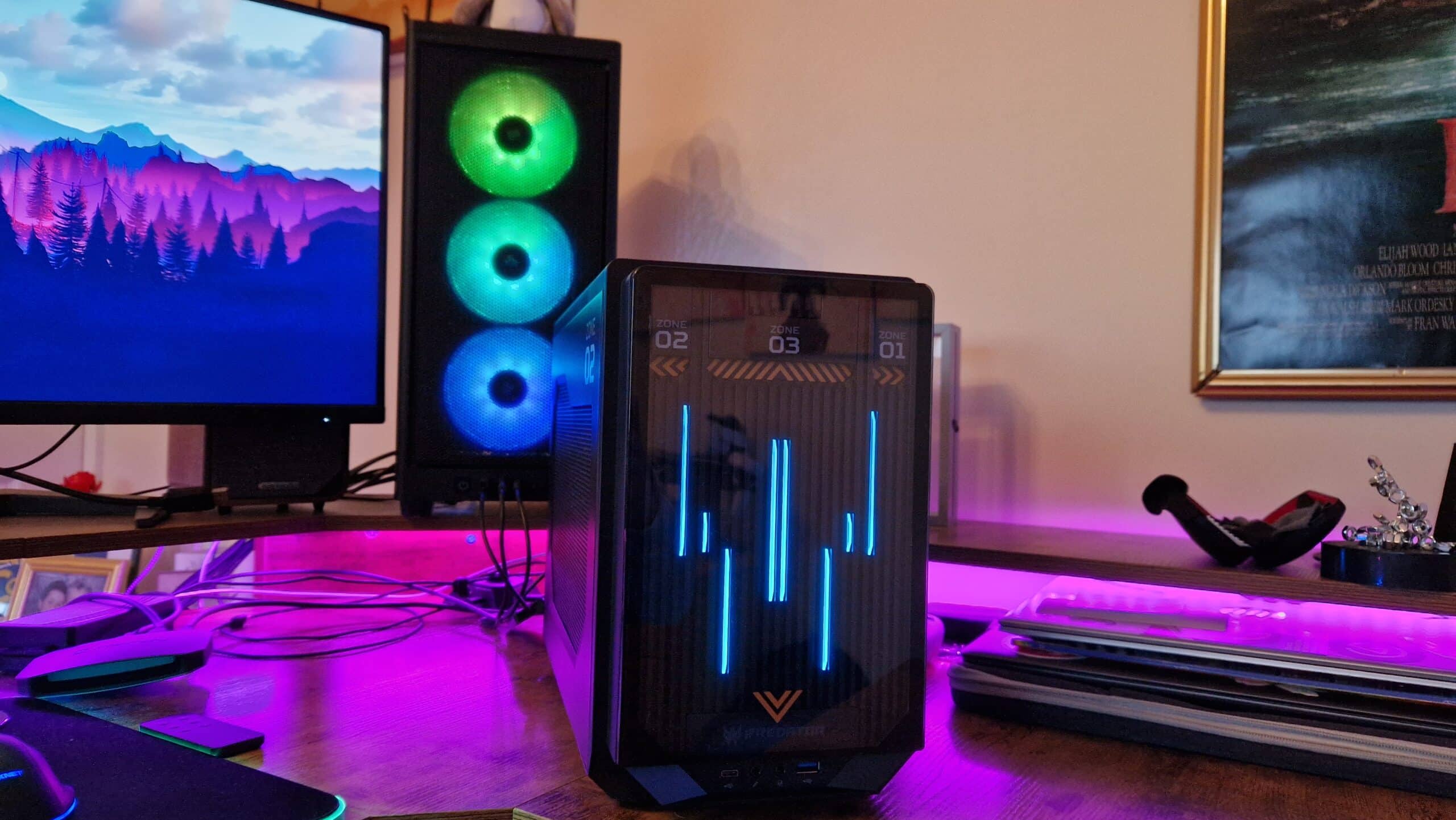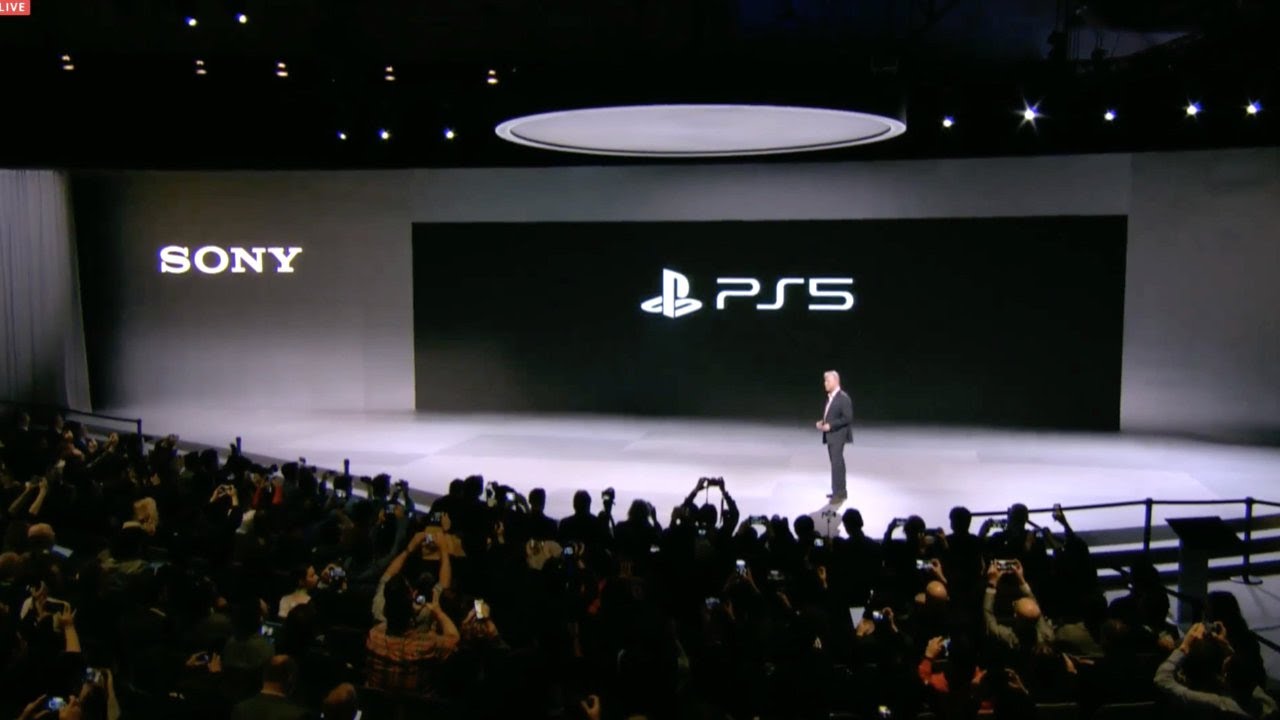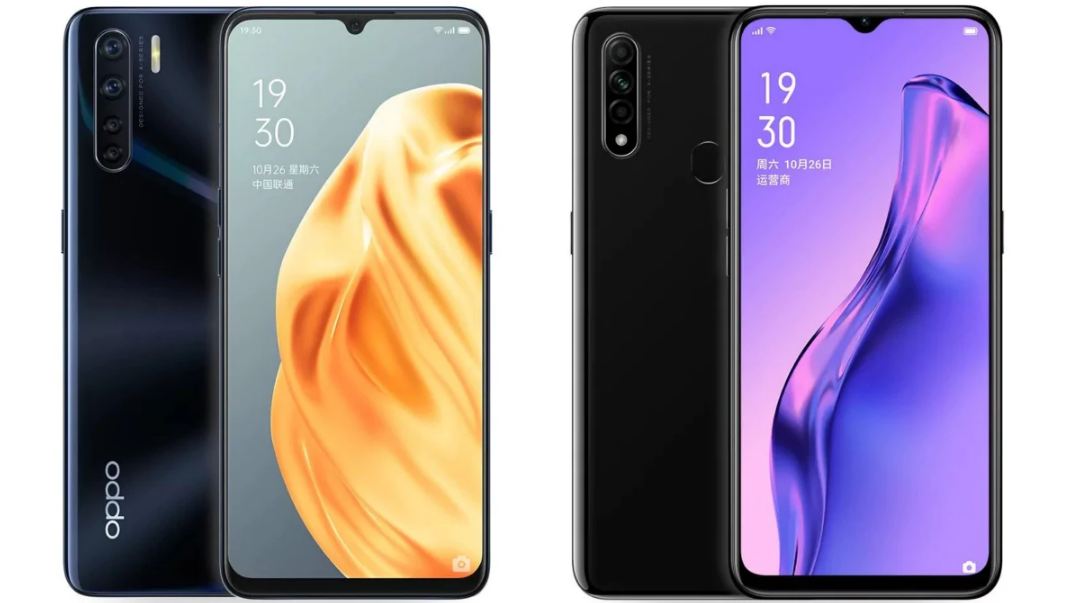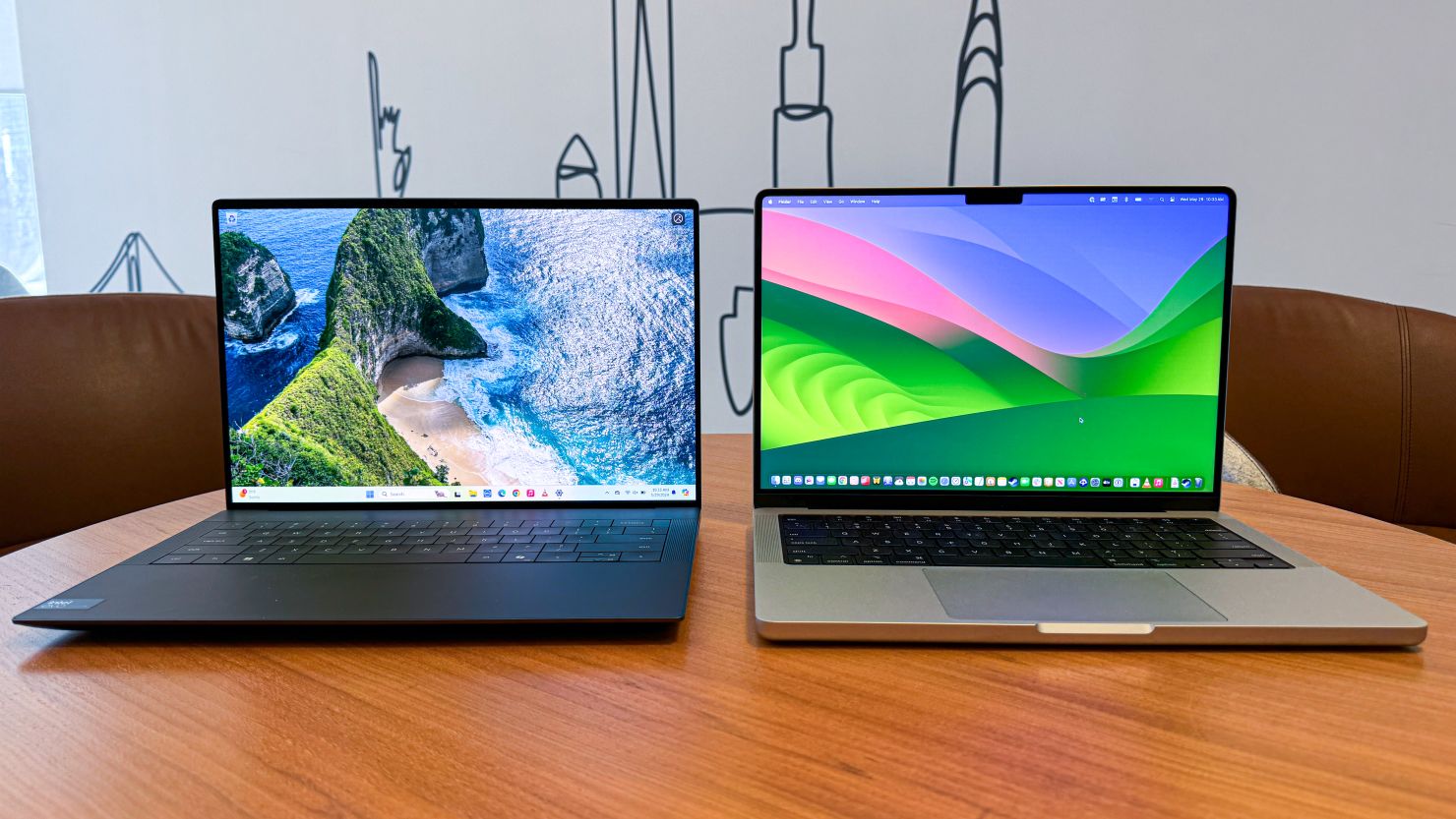
In the ever-evolving world of technology, choosing the right laptop is more important than ever. Whether you’re a student, creative professional, gamer, or businessperson, your choice between a MacBook and a Windows laptop can significantly affect your experience, productivity, and even your budget. Both platforms have passionate fan bases and offer unique features, but each comes with its own set of advantages and drawbacks.
In this article, we’ll dive deep into the top 3 pros and cons of MacBooks and Windows laptops to help you make a well-informed decision based on your specific needs.
Table of Contents
ToggleMacBook: Overview
Apple’s MacBook lineup includes the MacBook Air and the MacBook Pro, both known for their premium design, powerful M-series chips, and tight integration with macOS. These laptops are particularly popular among creative professionals, students, and users heavily invested in the Apple ecosystem.
Top 3 Pros of MacBooks
1. Superior Build Quality and Design
One of the most universally praised aspects of the MacBook is its sleek, minimalist design and premium build. Made from aluminum and precisely engineered, MacBooks are lightweight, stylish, and incredibly durable.
Why it matters:
- The solid construction gives a premium feel.
- High resale value due to lasting physical quality.
- Great portability, especially with the MacBook Air.
2. Optimized Hardware-Software Integration
Since Apple designs both the hardware and the software, macOS runs smoothly on MacBooks with minimal bugs or performance lags. The M1, M2, and now M3 chips offer extraordinary speed and battery life.
Why it matters:
- Seamless performance even with heavy tasks.
- Long battery life (up to 20 hours on MacBook Air M2).
- Lower risk of driver compatibility issues.
3. Ecosystem Benefits
If you already use an iPhone, iPad, Apple Watch, or AirPods, a MacBook fits perfectly into your digital lifestyle. Handoff, AirDrop, and Universal Clipboard are just a few features that showcase Apple’s ecosystem advantages.
Why it matters:
- Quick file transfer and device synchronization.
- Receive and send messages, calls, and FaceTime directly from the Mac.
- Continuity features boost productivity for Apple users.
Top 3 Cons of MacBooks
1. High Price Point
MacBooks are premium devices, and that premium comes with a steep cost. Even the base model MacBook Air starts higher than many mid-range Windows laptops.
Why it matters:
- Not budget-friendly, especially for students.
- Cost of upgrades (like storage and RAM) is very high.
- Hard to justify for users with basic computing needs.
2. Limited Game Support
While the hardware is capable, macOS is not optimized for gaming. Most major games are developed primarily for Windows, and only a fraction of them are ported to Mac.
Why it matters:
- Gamers will miss out on popular titles.
- Limited access to platforms like Steam for macOS.
- Poor graphics card compatibility for external GPUs.
3. Less Customization and Fewer Ports
MacBooks are designed with simplicity in mind, but this results in fewer options for hardware upgrades or port variety.
Why it matters:
- Users can’t upgrade RAM or SSD later.
- Most MacBooks come with only USB-C ports (you’ll likely need dongles).
- Limited compatibility with non-Apple peripherals.
Windows Laptops: Overview
Windows laptops come in a wide range of brands, models, and configurations — from ultra-budget options to high-performance machines. This diversity makes Windows laptops versatile and available for every kind of user and budget.
Top 3 Pros of Windows Laptops
1. Greater Variety and Affordability
Windows laptops are available from brands like Dell, HP, Lenovo, ASUS, Acer, and many more. This competition creates a wide range of laptops in terms of design, performance, and price.
Why it matters:
- Budget, mid-range, and high-end options available.
- Easier to find a laptop that meets specific needs (e.g., 2-in-1, gaming, business).
- Better value for money in some segments.
2. Compatibility with Software and Games
Windows supports a broader range of applications, especially in professional and gaming environments. From custom software to thousands of AAA games, the platform is flexible and widely used.
Why it matters:
- Ideal for gamers and engineers.
- Full support for Microsoft Office, Adobe, AutoCAD, and other industry tools.
- Excellent support for third-party accessories.
3. Customization and Upgrade Options
Many Windows laptops allow you to upgrade components such as RAM, storage, and even GPUs (especially in gaming laptops). This flexibility extends the life of your device and allows personalization.
Why it matters:
- You can upgrade later as your needs grow.
- Advanced users can tweak hardware and software settings.
- Easier to repair and maintain.
Top 3 Cons of Windows Laptops
1. Inconsistent Quality
Due to the large number of manufacturers, build quality and performance can vary significantly. Some budget models may use lower-quality materials or have poor battery life.
Why it matters:
More research is needed to avoid low-quality options.
Some brands cut corners to lower costs.
Higher chances of encountering hardware/software compatibility issues.
2. Security and Stability Concerns
Windows is more vulnerable to viruses and malware compared to macOS. Although Windows Defender has improved, you still need to be more vigilant about security.
Why it matters:
- Increased risk of malware or ransomware.
- Frequent software updates and reboots can interrupt workflow.
- Slower over time due to bloatware or system errors.
3. Shorter Battery Life (on Average)
While some Windows laptops now rival MacBooks in battery life, most still lag behind. Battery optimization varies by manufacturer, and heavy tasks can quickly drain power.
Why it matters:
- Less ideal for all-day portability.
- Battery life varies widely depending on the model and usage.
- Power-hungry components (especially in gaming laptops) reduce unplugged time.
MacBook vs. Windows: Which One is Right for You?
Choosing between a MacBook and a Windows laptop can be tricky — both platforms offer unique strengths that cater to different types of users. To help you decide, here’s a quick guide outlining when each option makes the most sense.
Choose a MacBook If:
- You value premium design and long battery life.
- You already use other Apple devices (iPhone, iPad, Apple Watch).
- Your work involves creative tasks like photo editing, video editing, and music production.
- You prioritize reliability and a streamlined user experience.
Choose a Windows Laptop If:
- You need more options and better pricing flexibility.
- You are into gaming or use engineering/software tools that require Windows.
- You want the ability to upgrade or customize hardware.
- You need compatibility with a wider range of apps and external devices.
Final Thoughts
There’s no one-size-fits-all answer in the MacBook vs. Windows debate. MacBooks excel in design, performance, and ecosystem integration, making them ideal for professionals and Apple users. On the other hand, Windows laptops shine in versatility, gaming, and affordability — making them perfect for a wide range of users.
When making your decision, consider your budget, software needs, and personal preferences. A student or casual user might find excellent value in a mid-range Windows laptop, while a video editor or graphic designer might find the MacBook Pro a game-changer.
The key is to align your choice with your needs — both current and future. That’s how you get the most out of your laptop, no matter which side you choose.

